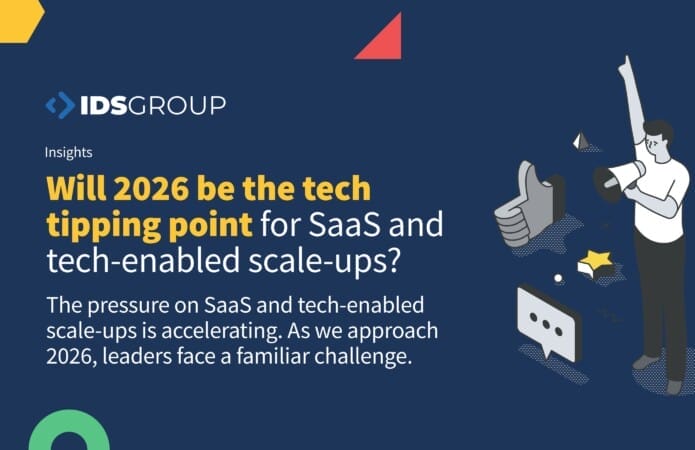During such economic uncertainty – which has seen organisations swiftly shifting to new ways of working – it comes as no surprise that business leaders are still battling against an array of challenges and opportunities the pandemic has presented
From ensuring every member of staff remains productive and motivated while remote, to the vast amount of cybersecurity measures that businesses have had to put in place, or improve, it’s been something of a minefield for many company leaders to navigate on their own.
Fast-forward 18 months on from the very first UK lockdown in March 2020, what are the ongoing technical obstacles that CEOs must still consider if they are to move beyond the global crisis safely? Our Systems Security Architect, Iakovos Triantafyllou, delves into the detail a little more…
Following PwC’s recent global CEO report, 91% of leaders said that cybersecurity was a major concern while their employees worked remotely. It’s an issue that has been a high priority since the advent of technology, and has been further exacerbated during the volatility of the Covid-19 pandemic.
In 2020, we saw thousands of organisations make the mass move to working from home overnight and, even now, there are still several businesses yet to reopen their headquarters, in light of the new variant and ongoing lockdown restrictions.
There is no doubt that home and remote working will continue for some time and, as a result, we’re seeing many enterprises downsizing their headquarters as they look at cost-effective measures to battle on through a challenging climate. But the major issue still remains – the threat of cyber-attacks will not go away anytime soon, so it’s vital that organisations are focused on investing in the right security solutions for them.
Traditionally, an office network – with enterprise-grade security – can be isolated and managed effectively. However, we know this was swiftly taken out of the equation when the Covid-19 crisis came to light, and it’s proved to be something of a logistical nightmare for organisations to navigate ever since. They’ve not only had to equip their workforces with even more technical resilience to prevent cyber-attacks, but also trust in how employees are conducting themselves online too.
There are, of course, many positives to working remotely – from fewer distractions to staff enjoying more balance and autonomy. However, the negatives remain in relation to stopping hackers in their tracks, and employees also feeling they’re ‘going it alone’ without colleagues by their side.
So, when 70% of staff are said to be keen to continue to work remotely at least five-days-a-month, post-pandemic, where does that leave existing security concerns such as Endpoint Security, Data Leakage risks and compliance issues where a remote worker’s home suddenly comes into the scope of security certifications like Cyber Essentials and ISO27001. We are certainly starting to see big shifts across many industries where alongside maintaining a strong company culture and ensuring client experience doesn’t fall by the wayside newer technical concepts and security models like Zero Trust are rapidly adopted.
Video conferencing has proved to be a lifeline for many teams throughout the Covid-19 crisis, with businesses still able to hold client meetings, manage employees regardless of location, and respond to customers effectively.
With a huge adoption rate of this collaboration tool, many enterprises will no doubt continue to use this communications solution beyond the crisis too.
What the future of work looks like
We’ve also witnessed a huge shift in the market in relation to single-channel retailers and even large-scale corporate companies – many of which have struggled to diversify their propositions in order to meet ever-evolving customer demand, and ultimately seen competitors steal a march.
However, on the flip side, online channel and multi-channel retailers have posted record sales because they’ve utilised their online presence effectively and provided a seamless digital user experience to further empower brand loyalty.
Moving forward, we anticipate there will be a stronger focus on digital transformation and innovation which is indicative of the rapid shift in what customers now want from the organisations they currently engage with.
So, although cybersecurity will continue to be a major issue, CEOs, senior leaders and their entire workforces must also understand that they each have a pivotal role to play in how they survive – and thrive – beyond the global crisis.
If you’re feeling concerned about your security and aren’t sure which platform, network or remote-working solution to select, IDS Group can help. Our experts support SMEs and large enterprises with software development and systems integration requirements. Tell us what you need by calling: 0113 859 1669 or emailing: enquiries@chocolate-jay-646377.hostingersite.com

